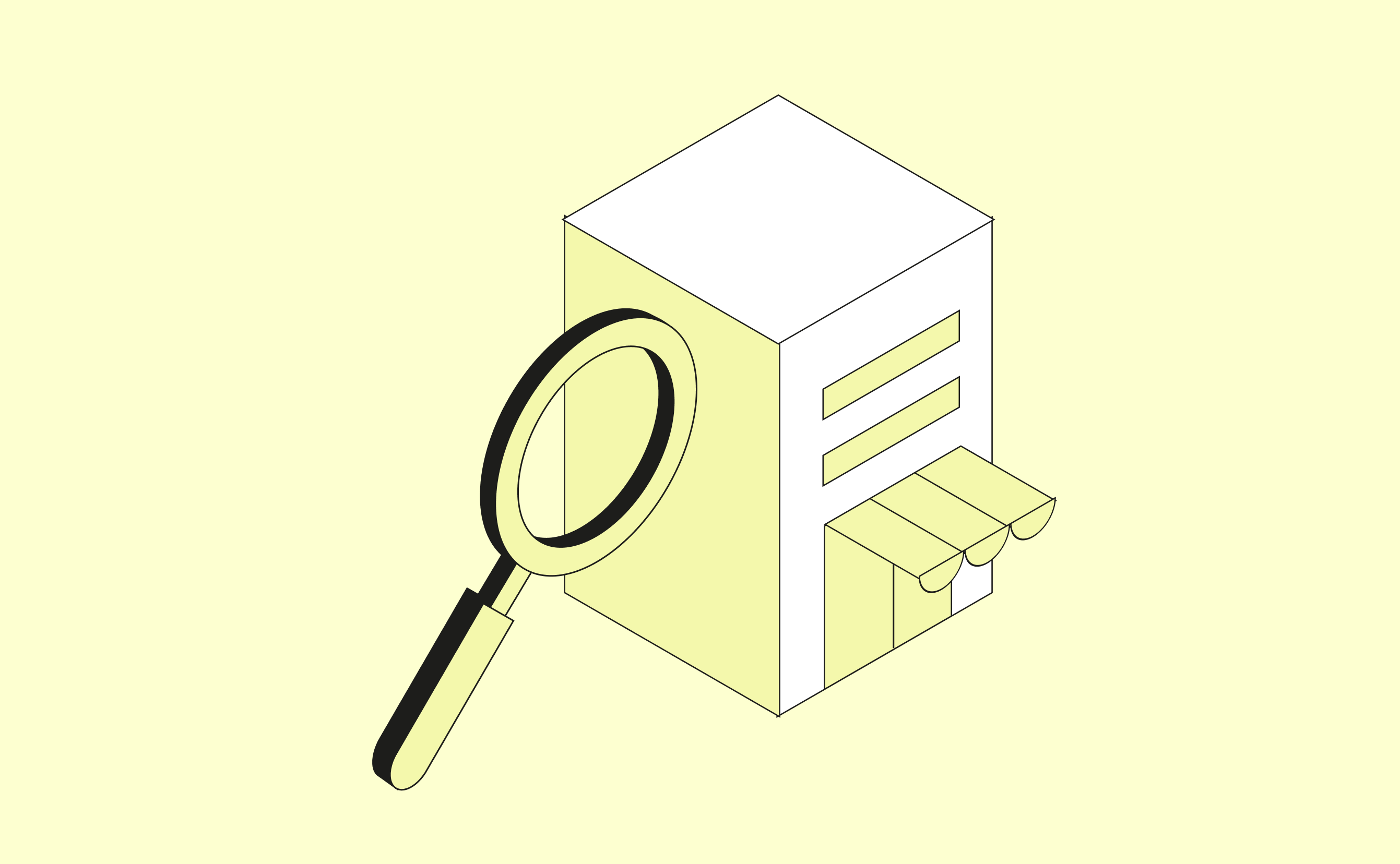When the contract between a brand and an influencer is considered a service, your renumeration isn’t considered a salary. This happens when a brand doesn’t require influencers to be physically present in their offices and the payment depends on the services rendered (engagement rate, number of posts, etc.).
In many cases, the income from creating content for a brand can be considered a salary, but post-production income (i.e. ad revenue) falls under a different legal and tax regime: non-commercial profits (bénéfices non commerciaux/ BNC). That’s why most influencers in France decide to become micro-entrepreneurs.
As micro-entrepreneurs, self-employed influencers invoice their services and have to periodically declare them to Urssaf. This organization handles the collection of social security contributions for company creators and their employees, ensuring they’re covered by France's social welfare system.
The micro-enterprise legal status is most suitable for beginner influencers or those who see this work as a “side hustle”.
The main benefit of this status is its simplicity. Registration is easy and quick. Income declarations are straightforward. France’s micro-entrepreneur structure is fiscally transparent; influencers report their income on a tax return, and they’re taxed at a progressive income tax rate. Here’s a simple breakdown:
- Standard Corporate Tax Rate: Most companies pay a standard tax rate of 25%.
- Reduced Rate for SMEs:
- If your company has a turnover of less than €10 million, you can get a reduced tax rate of 15% on the first €38,120 of your profits.
- For profits above €38,120, the standard rate of 25% applies.
- Additional Contributions:
- If your company’s profits are over €500,000, there’s an extra social contribution of 3.3% on your corporate tax. This means higher profits will have a slightly higher tax.
Influencers typically pay about a quarter of their income in contributions and taxes.







